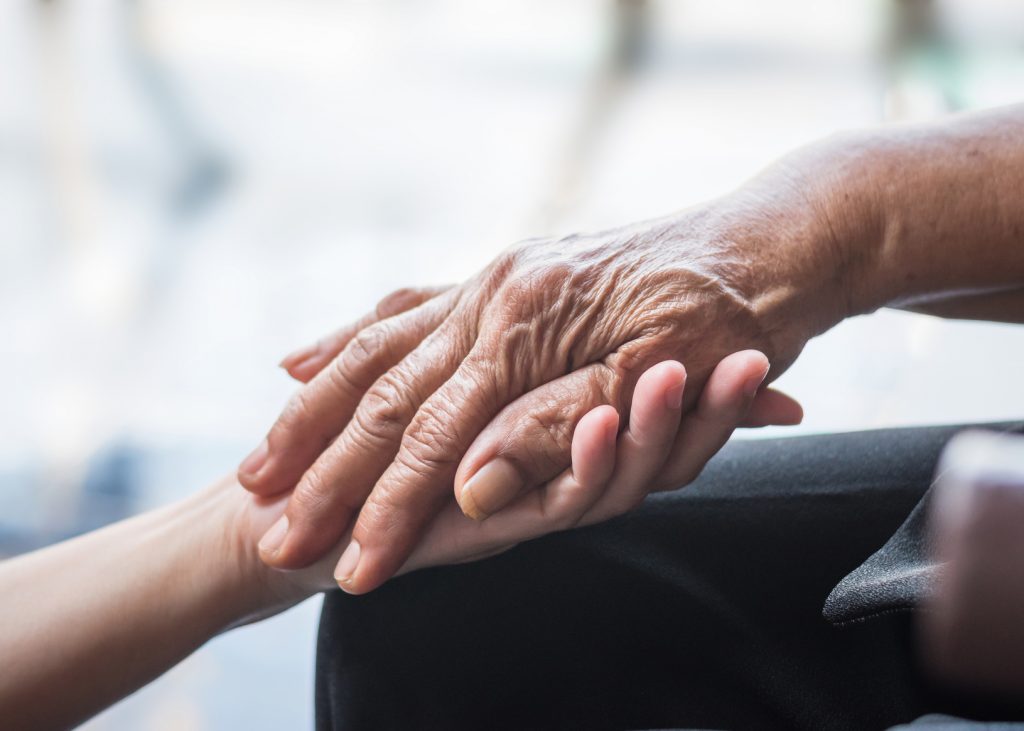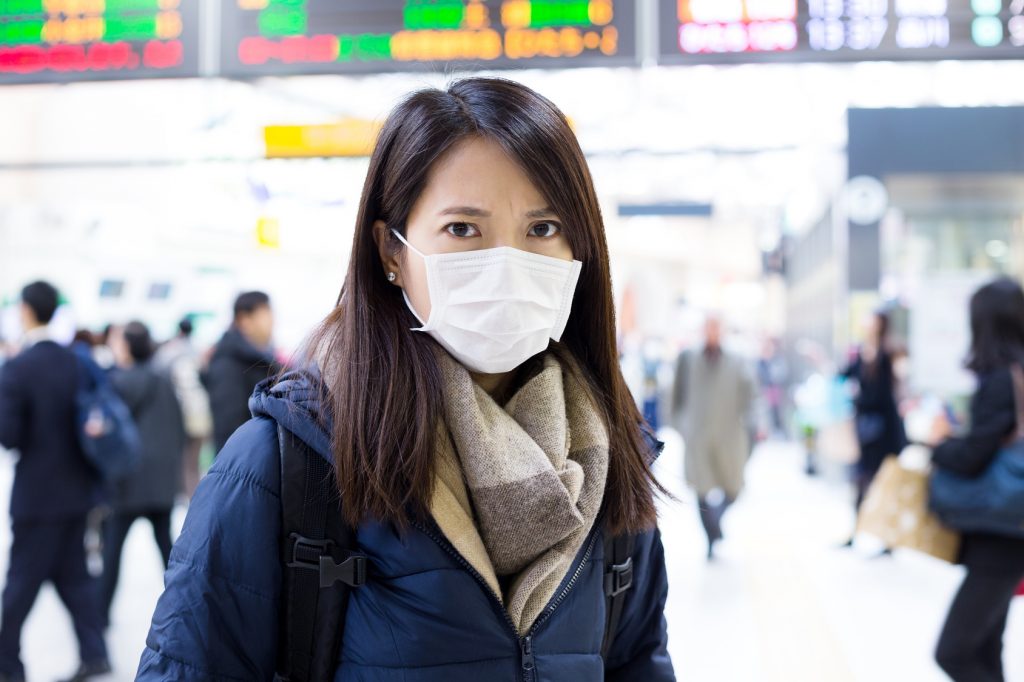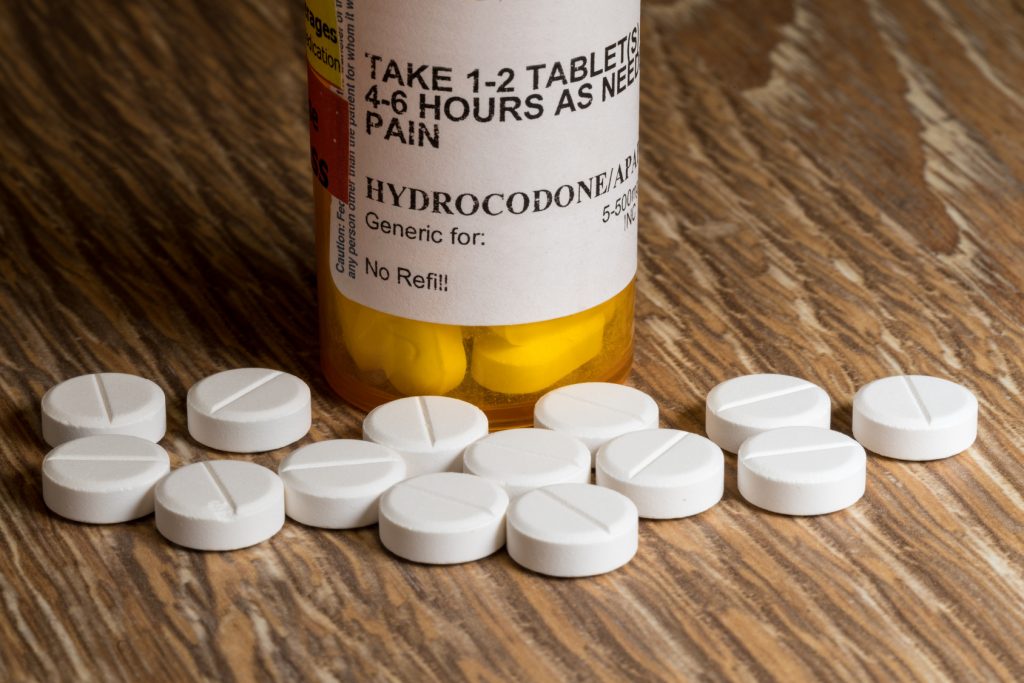Celebrate National PT Month by Giving Back
October is National Physical Therapy Month. Consider celebrating by giving back via the Global PT Day of Service and impact change around the world.
Celebrate National PT Month by Giving Back
October is National Physical Therapy Month. Consider celebrating by giving back via the Global PT Day of Service and impact change around the world.
80,000 Flu Deaths Reported in the U.S. in 2017
900,000 Americans were hospitalized and 80,000 Americans, including a record-breaking 180 children, died from the flu during the 2017-2018 season.
Health Data Breaches Are on the Rise
Healthcare data breaches are trending upward, rising from 199 reported incidents in 2010 to 344 reported incidents in 2017.
Day Shift vs. Night Shift: A Consistent Nursing Dilemma
Days versus nights is the nursing conundrum that never gets old. This article breaks down the pros and cons of both shifts.
Caring for Yourself in the Face of Compassion Fatigue
Compassion is “sympathetic pity and concern for the sufferings or misfortunes of others,” and it is felt, often deeply, by those in the nursing profession.
White Coats As Superhero Capes: Med Students Swoop In To Save Health Care
While doctors have traditionally been branded a mostly conservative group, there is growing evidence that young doctors-to-be are leaning leftward and interested in activism.
Definitions May Vary, but Burnout Is a Problem All the Same
Does defining burnout as a diagnosable condition, such as depression, even matter in regards to treating the problem, or should the focus fall elsewhere?
Drama Series with NP Protagonist Heads to Netflix
A new romance drama series with a nurse practitioner at its heart is headed to the small screen, bringing exposure to the NP profession through entertainment.
New Legislation Arms Advanced Practitioners in the Fight Against Opioids
More than 115 Americans die every day from opioid-related causes. The SUPPORT for Patients and Communities Act, which passed in the House last week, aims to stop that.







